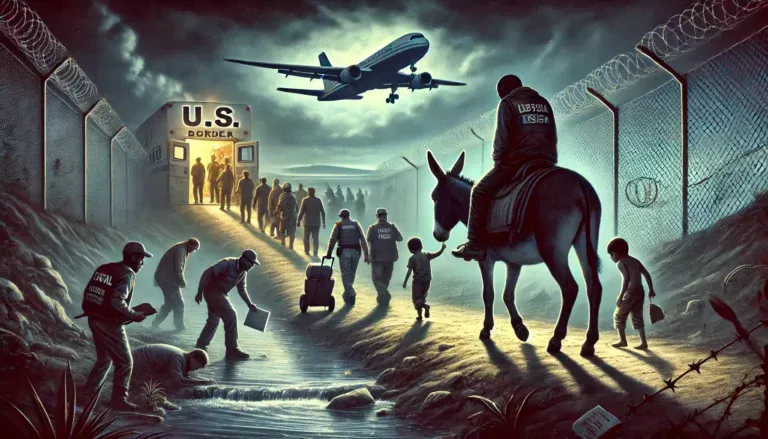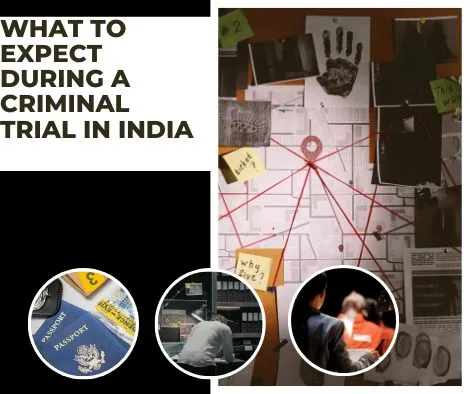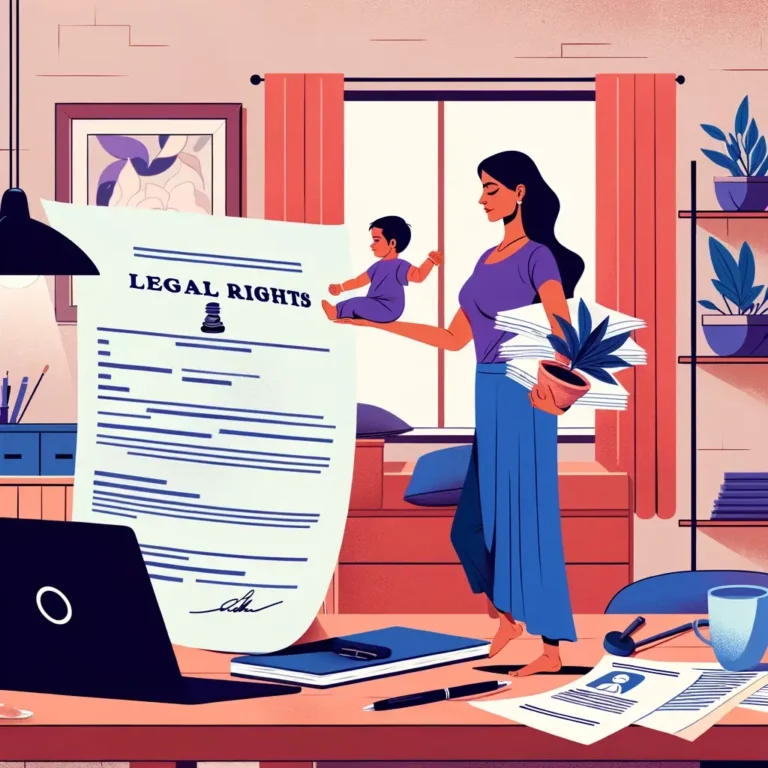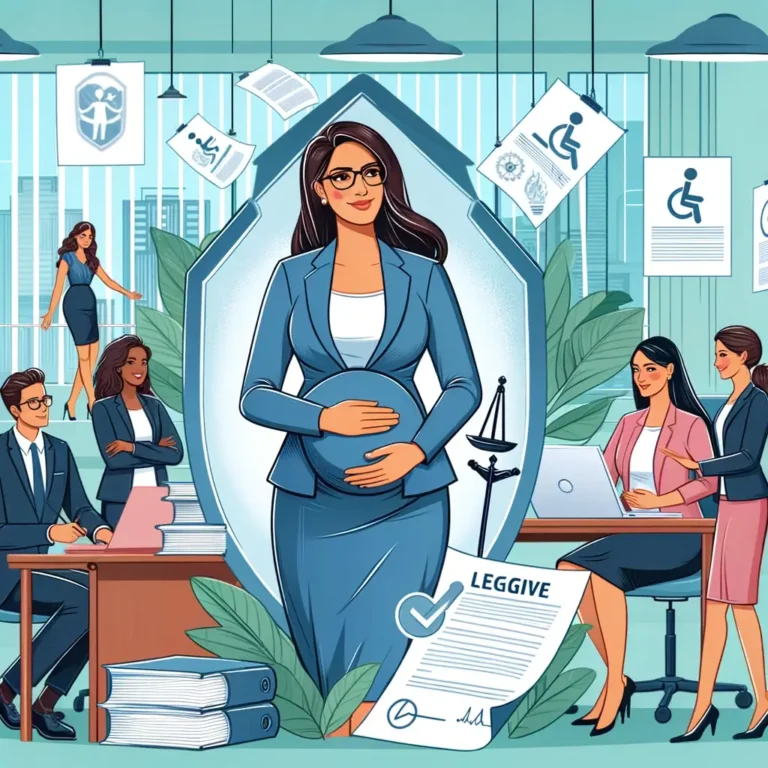Understanding Indian Laws Regarding Juvenile Delinquency
Introduction to Juvenile Delinquency in India
Juvenile delinquency refers to the involvement of individuals, typically under the age of 18, in illegal activities. In India, the approach to handling juvenile delinquency is governed by specific laws aimed at rehabilitation rather than punishment, reflecting a commitment to protect the rights and welfare of minors. This article sheds light on the legal framework surrounding juvenile delinquency in India, offering insights into how the country navigates the delicate balance between upholding the law and nurturing the growth of its younger citizens.
The Legal Framework
The Juvenile Justice (Care and Protection of Children) Act, 2015
At the heart of India’s legal approach to juvenile delinquency is the Juvenile Justice (Care and Protection of Children) Act, 2015. This landmark legislation replaced earlier versions of the law, introducing significant reforms aimed at ensuring a child-friendly approach to juvenile justice. The act categorizes minors into two groups: ‘children in need of care and protection’ and ‘children in conflict with the law’, tailoring responses to the needs of each group.
Age of Criminal Responsibility
Under the 2015 Act, the age of criminal responsibility is set at 18 years. This means that individuals under 18 are treated as juveniles and are subject to a different set of legal procedures and rehabilitative measures than adults. However, in response to serious offenses, the act allows for juveniles aged 16 to 18 to be tried as adults under certain conditions, striking a balance between accountability and the acknowledgment of their potential for rehabilitation.
Rehabilitation Over Punishment
Focus on Rehabilitation
A cornerstone of India’s juvenile justice system is its emphasis on rehabilitation over punishment. The Act mandates the establishment of Observation Homes and Special Homes to provide care and rehabilitation to juveniles in conflict with the law. These facilities are designed to offer educational programs, vocational training, counseling, and other supportive services to help juveniles reintegrate into society as productive members.
Role of the Juvenile Justice Board
The Juvenile Justice Board (JJB) plays a pivotal role in the adjudication process for juveniles in conflict with the law. Comprising a magistrate and two social workers, the JJB assesses each case with the child’s best interests in mind, determining the most appropriate course of action, whether it be counseling, community service, or rehabilitation through institutional care.
Protecting the Rights of Juveniles
Right to Privacy
The Act recognizes the importance of protecting the privacy and dignity of juveniles in conflict with the law. It prohibits the disclosure of their names, addresses, or any information that could lead to their identification, safeguarding their rights and facilitating their social reintegration.
Access to Legal Aid
Ensuring that juveniles have access to legal representation is another critical aspect of the Act. It entitles every child in conflict with the law to legal aid, ensuring that they have the support of a lawyer to navigate the legal proceedings, irrespective of their financial status.
Conclusion: A Path Towards Rehabilitation and Social Integration
India’s approach to juvenile delinquency underscores a compassionate and rehabilitative stance, prioritizing the well-being and future prospects of minors in conflict with the law. By focusing on rehabilitation over punishment and safeguarding the rights of juveniles, the Juvenile Justice (Care and Protection of Children) Act, 2015, aims to foster an environment where young offenders can learn from their mistakes and pursue a positive path forward. Through these measures, India continues to work towards the ideal of a justice system that not only upholds the law but also supports the holistic development of its younger population.
FAQ on Indian Laws Regarding Juvenile Delinquency
1. What is juvenile delinquency?
Juvenile delinquency refers to illegal or antisocial behavior by someone under 18 years of age.
2. Which law governs juvenile delinquency in India?
The Juvenile Justice (Care and Protection of Children) Act, 2015, governs juvenile delinquency in India.
3. What is the age of criminal responsibility in India?
In India, the age of criminal responsibility is set at 18 years.
4. Can juveniles be tried as adults in India?
Yes, juveniles aged 16 to 18 can be tried as adults for serious offenses under certain conditions.
5. What are ‘children in need of care and protection’?
They are children who are not in conflict with the law but require state care due to abandonment, abuse, or exploitation.
6. What are ‘children in conflict with the law’?
These are children who are accused of or have been found to have committed an offense.
7. What is the role of the Juvenile Justice Board (JJB)?
The JJB is responsible for adjudicating cases involving juveniles in conflict with the law, focusing on rehabilitation.
8. Are juveniles in India entitled to legal aid?
Yes, every child in conflict with the law is entitled to legal aid in India.
9. How does the law protect the privacy of juveniles?
The law prohibits disclosing names, addresses, or any information that could lead to the identification of juveniles.
10. What types of facilities are established for juveniles in India?
Observation Homes and Special Homes are established for the care and rehabilitation of juveniles.
11. Can a juvenile be arrested in India?
Yes, but the process and handling are governed by specific provisions to protect their rights.
12. What happens after a juvenile is arrested?
They are typically taken to a Juvenile Justice Board for assessment and determination of the appropriate course of action.
13. What is the focus of rehabilitation for juveniles?
Rehabilitation efforts focus on education, vocational training, counseling, and social reintegration.
14. Are parents involved in the juvenile justice process?
Yes, the involvement of parents or guardians is encouraged to support the rehabilitation process.
15. What happens if a juvenile commits a minor offense?
For minor offenses, juveniles are often directed towards rehabilitation programs rather than formal judicial proceedings.
16. How serious offenses by juveniles are handled?
Serious offenses may lead to the juvenile being tried as an adult, depending on the nature of the offense and the age of the juvenile.
17. What is community service as a penalty?
Community service involves assigning juveniles to work in the community as part of their rehabilitation.
18. Can juveniles be detained with adults?
No, juveniles must be kept separate from adults in detention facilities.
19. What is a Special Home?
A Special Home provides long-term rehabilitation and care for juveniles who have been found to have committed an offense.
20. What is an Observation Home?
An Observation Home temporarily houses juveniles during the preliminary assessment or inquiry phase.
21. Do juveniles have the right to education while in detention?
Yes, juveniles have the right to education and vocational training while in detention.
22. Can a juvenile’s record be expunged?
Yes, a juvenile’s record can be expunged to avoid hindering their future prospects.
23. What role do social workers play in the juvenile justice system?
Social workers assist in the rehabilitation process and ensure the welfare of the juveniles in the system.
24. Is counseling provided to juveniles in conflict with the law?
Yes, counseling is a key component of the rehabilitation process for juveniles.
25. Can juveniles appeal decisions made by the Juvenile Justice Board?
Yes, decisions made by the JJB can be appealed in higher courts.
26. How does the government ensure the rights of juveniles are protected?
The government enacts laws, policies, and guidelines to protect and promote the rights of juveniles.
27. What is the difference between juvenile justice and adult criminal justice?
Juvenile justice focuses on rehabilitation and considers the best interests of the child, whereas adult criminal justice focuses on punishment.
28. Are there any special provisions for girls in the juvenile justice system?
Yes, there are provisions to address the specific needs and protection of girls in the juvenile justice system.
29. How does the system prevent juvenile delinquency?
Prevention involves education, family support, and community programs to address the root causes of delinquency.
30. Can international laws influence juvenile justice in India?
Yes, international conventions and treaties on child rights can influence India’s policies and laws on juvenile justice.
Sources:-
1. The Juvenile Justice (Care and Protection of Children) Act, 2015
















